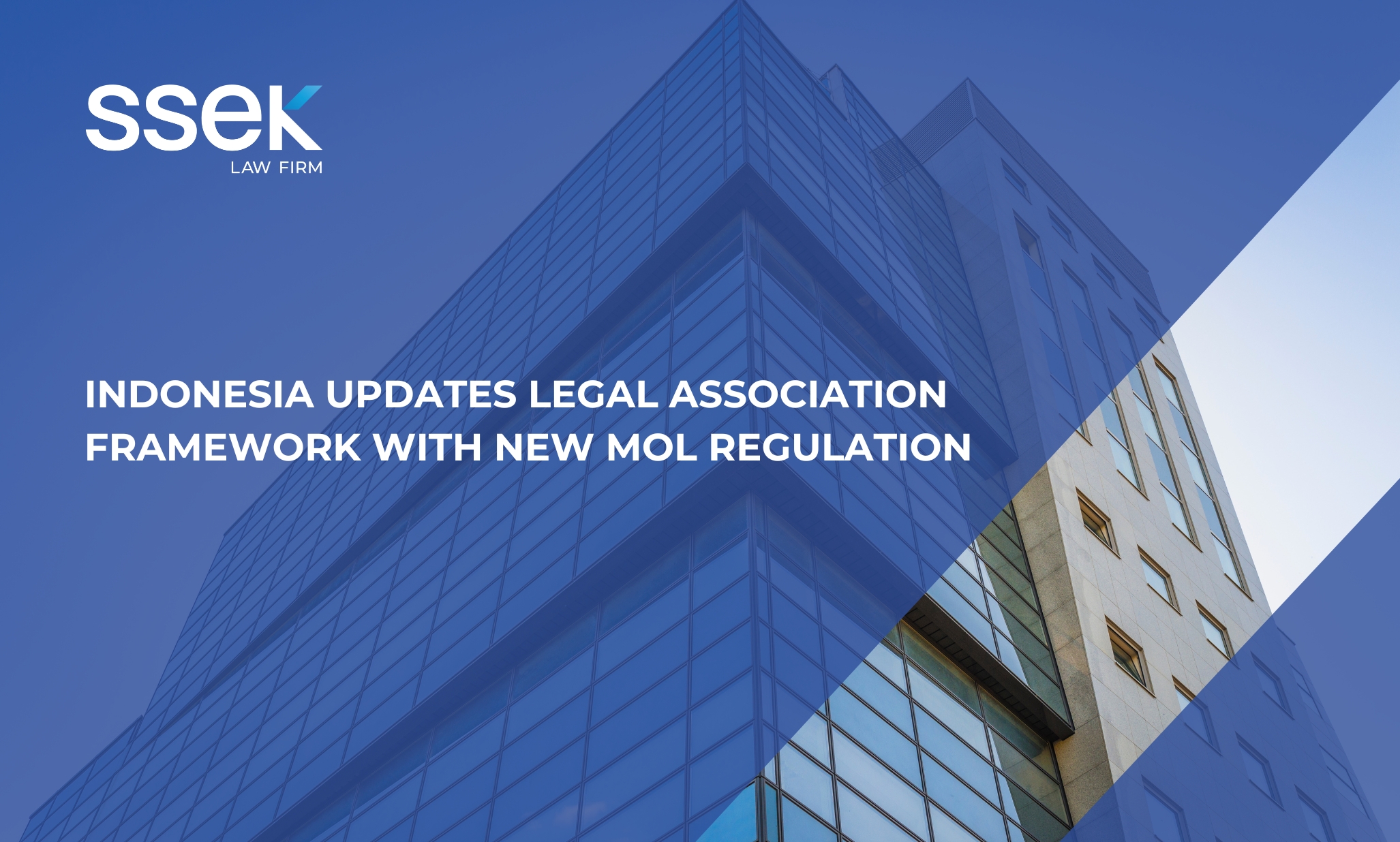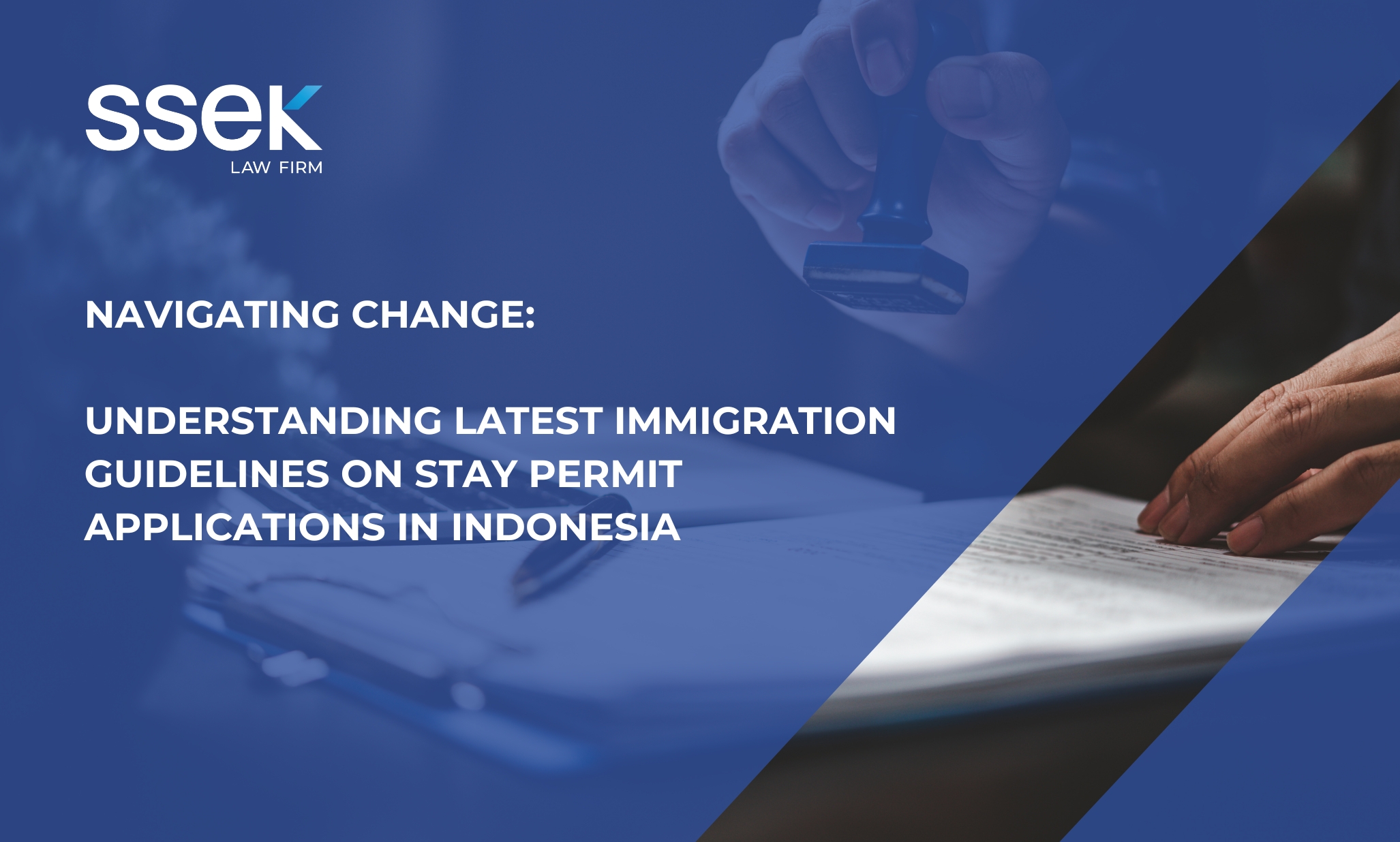

This is the sixth post in our 2014 Legal Guide to Oil Regulation. Fitriana Mahiddin and Syahdan Z. Aziz will address a new topic each week. Health, safety and environment The Ministry of Energy and Mineral Resources (MEMR), Directorate General of Oil and Gas (DGOG), Special Task Force for Upstream Oil and Natural Gas Business Activities (SKK Migas), Ministry of Environment and regional governments are the government authorities responsible for implementing work health, safety and environmental (HSE) protections for specific aspects of the oil and gas sector. In conducting petroleum activities, PSC contractors are required to comply with the provisions of occupational health and safety, environmental management and community development regulations. In the exploration phase, PSC contractors must complete an environmental monitoring and environmental management (UKL/UPL) report. During the exploitation of a proposed development, PSC contractors must further conduct an environmental assessment (AMDAL), which is subject to the relevant government authority’s approval. PSC contractors are also required to make periodic reports to the relevant government authorities regarding their compliance with the UKL/UPL or AMDAL. In addition, the Environmental Law requires PSC contractors to obtain an environmental license. The DGOG is responsible for supervising the implementation of HSE in the oil and gas sector and imposing sanctions for non-compliance. The DGOG designates Mining Inspection Enforcement teams to examine work safety compliance in oil and gas businesses. If the facilities and techniques satisfy work health and safety standards, the DGOG shall issue certifications for installations and equipment. Non-compliance with applicable HSE rules subjects the company to administrative sanctions up to the revocation of license. Standards for oil and oil products According to Government Regulation No. 36 of 2004 regarding Downstream Oil and Natural Gas Business Activities, as amended by Government Regulation No. 30 of 2009 (GR 36) and MEMR Regulation No. 48 of 2205 (MEMR Reg 48/2005), the standards and quality of oil and oil finished products to be marketed domestically are stipulated by the DGOG with due consideration of the development of technology, the capability of the producer, the capabilities and needs of consumers, work health and safety, as well as environmental management. Aside from having to satisfy the quality standards stipulated by the MEMR, a business entity is also obligated to possess certain testing facilities depending on its line of business. Pursuant to MEMR Reg 48/2005, the DGOG supervises the standard and quality of oil fuel, gas fuel, other fuel, LPG, LNG and processing output that is marketed domestically. In this regard, the DGOG has issued several regulations and decrees. Further, the DGOG has the authority to require tests to ensure the standards and quality of the foregoing products, with the cost of such testing at the expense of the business entity, which may be charged as an operating cost. If tested products fall short of the stipulated quality standards, the concerned products shall be withdrawn from the market. The obligation to satisfy the quality standards stipulated by the DGOG is contained in the company’s business license  Noncompliance with this obligation would constitute violation of the business license, which entails sanctions in the form of a written warning, suspension, freezing of the business license or revocation of the business license. Labor The applicable MEMR decrees provide for the standard of competence that oil industry workers must meet, which aids oil companies in recruiting qualified workers. Workers are entitled to remuneration, allowance and other labor rights as protected by Law No. 13 of 2003 regarding Manpower. Employing a foreign worker requires approval from the DGOG in the form of a recommendation of a Foreign Worker Utilization Plan (RPTKA) and a Foreign Worker Employment Permit (IMTA). For non-discrimination purposes, MEMR Regulation No. 31 of 2013 (MEMR Reg 31/2013) principally requires upstream, downstream and service companies to prioritize the use of Indonesian workers. However, MEMR Reg 31/2013 provides that foreign workers may be employed as members of the board of directors and commissioners and in professional positions requiring mastery of technology and certain special skills to support investment or implement the transfer of technology. Additionally, foreign workers may also be employed to fill certain positions that cannot yet be filled by Indonesian workers due to competence or availability factors. Oil companies are prohibited to employ a foreign worker for more than one position or employ a foreign worker who is employed by another employer, except as a member of the board of directors or board of commissioners of another company. There is no minimum number or percentage of local workers who must be employed, as long as the company meets local content requirements. In the framework of the transfer of technology, contractors must provide education and training for local workers. There is no regulation that specifically obligates contractors to provide training funds, but failure to comply with MEMR Reg 31/2013 could subject the company to administrative sanctions in the form of a written warning or an application for the revocation of RPTKA or IMTA, or both. In addition, infringement of the procedures of the RPTKA or IMTA shall result in the PSC contractor being prohibited from recovering the operating costs spent for the concerned foreign worker. Reproduced with permission from Law Business Research Ltd. This article was first published in Getting the Deal Through – Oil Regulation 2014. For further information, please visit www.GettingTheDealThrough.com. This article is intended for informational purposes only and does not constitute legal advice. This article should not be acted upon in any specific situation without appropriate legal advice.









